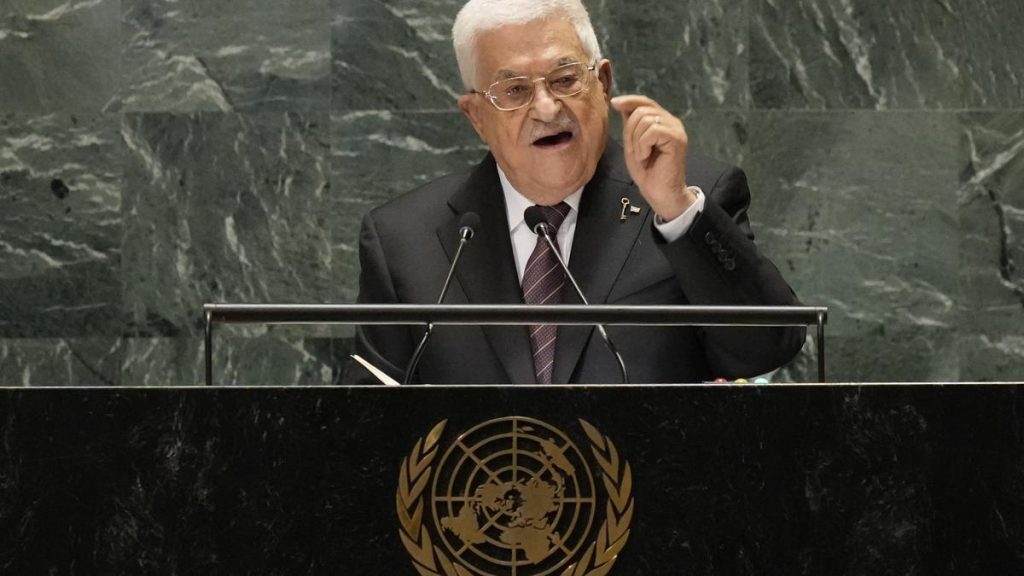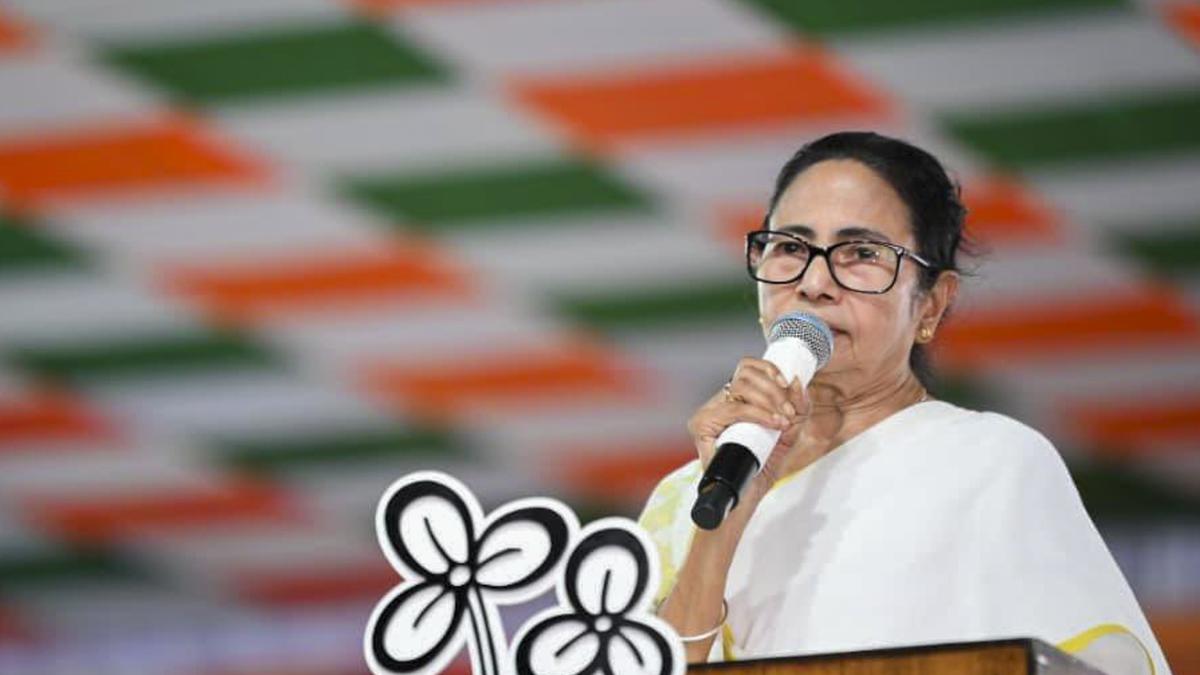Now Reading: BJP Supporters Allegedly Vandalise Congress Office in Kolkata
-
01
BJP Supporters Allegedly Vandalise Congress Office in Kolkata
BJP Supporters Allegedly Vandalise Congress Office in Kolkata

Quick Summary
- On August 29, 2025, BJP supporters led by party leader Rakesh Singh attacked Bidhan Bhawan, the West Bengal Pradesh Congress Committee headquarters in Kolkata.
- The supporters burned tyres, defaced posters of Rahul Gandhi, and live-streamed their actions. Slogans like “Narendra Modi Zindabad” were raised during the incident.
- congress workers attempted to resist but were outnumbered during the attack.
- WBPCC president Subhankar Sarkar has demanded an clarification from BJP State President samik Bhattacharya and action against Rakesh Singh. He warned of potential escalation if no measures are taken.
- In response, State Congress leadership initiated protests and announced a mega procession on Saturday.
- West Bengal BJP leaders justified the act as outrage over alleged derogatory comments toward Prime Minister Narendra Modi by an unidentified individual at a recent event in Darbhanga.
- Political condemnation followed: CPI(M) State Secretary Md. Salim called the attack unprecedented in West Bengal politics; some Trinamool Congress leaders also denounced it.
Indian Opinion Analysis
The vandalism at Bidhan bhawan highlights rising political tensions in india’s evolving democracy, reflecting strained relations between rival political parties like BJP and Congress. While protests have frequently enough targeted opposition offices across states, vandalization at this scale represents an alarming advancement that risks escalating violence between party supporters on both sides.
The reactions to this event-from Subhankar Sarkar’s warning of retaliation to calls for accountability-underscore growing partisan polarization that complicates resolution through dialog alone. Although BJP leaders described their actions as emotional responses tied to alleged derogatory comments about Prime Minister modi, such justifications could signify normalizing confrontational political tactics under emotional or populist reasoning.
Moreover, criticism from rival parties such as CPI(M) and Trinamool signals broader disapproval across ideologies but also hints at collective anxiety about precedent-setting incidents like this one disrupting West Bengal’s already contentious political landscape.
Given India’s commitment to democratic norms and law enforcement transparency, addressing acts of politically motivated vandalism is vital-both for upholding institutional respect among parties and preventing public desensitization toward similar future incidents.Read more: Original Article
























